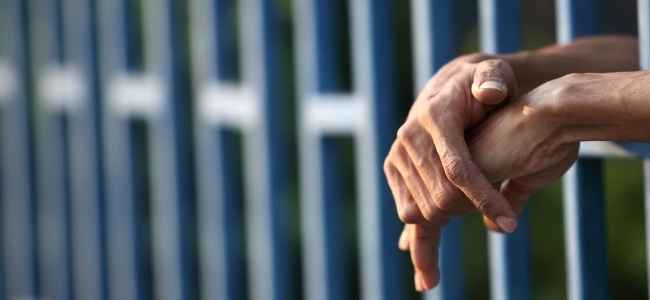Thousands of people are in jail today because they cannot meet the bail amount and several conditions set. However, a recently introduced bail reform seems to be the answer to this long-standing problem. With this bail reform, hundreds of thousands of unconvicted suspects languishing in jail will have a better shot at regaining their freedom. According to information on a bail bondsman site, the bail reform is focused on getting rid of bail. Money bail is regarded as unequal because the rich are more likely to afford it in exchange for their freedom while the poor remain locked up in jail. Understanding what this bail reform means and what it holds for the rich versus the poor is essential. In this article, we go through what bail reform is and how it affects the millions of people behind bars awaiting court hearings.
What does Getting Rid of Money Bail Mean?
Bail is available everywhere. People who cannot directly pay their bail amount can reach out to a bail bond company to do so on their behalf. Bail bond companies come up with the defendant’s bail amount and charge a small fee for the service rendered. Usually, the small fee is a percentage of the bail amount to be paid by the defendant. It is important to note that while both cash bail and bail bonds offer viable solutions, many people cannot afford them. Some people have remained behind bars because they could not afford a $250 or $500 bail payment.
This poor class of criminal defendants makes a huge population of jail inmates. Even though some are innocent, these people remain in jail until such a time that their case is brought up before a court. The inability to secure their freedom can also affect their legal defense. Hundreds of thousands of unconvicted suspects are piling up daily behind bars for one reason, inability to afford bail.
It is important to note that these unconvicted suspects suffer from a lot more than meets the eye. Due to their freedom that has been taken away, they lose their jobs and are unable to fend for their families. Some of these defendants also lose their homes and other important privileges because they cannot come up with the set bail amount. To address this problem at the core of it, ending monetary bail is the answer. With the money bail system abolished, there needs to be a system that works across the board in the justice system.
This bail reform promises fairness to all parties, whether rich or poor. However, it requires that other measures should be put in place to check criminal defendants.
Advantages Associated
Many courts have taken the bail reform into practice. These courts are no longer requesting defendants to present certain amounts in exchange for their freedom. With the monetary bail abolished, the unsecured bail comes into play. This type of bail allows the defendant to walk free; however, they will be fined a certain amount corresponding to the alleged offense for missing court dates. This will especially help reduce the population of low-income people of color behind bars and awaiting court appearances.
With this approach, it is possible to prevent;
A Predominantly Wealth-Based Pretrial System. With the bail reforms in place, the rich will not automatically get freedom in exchange for their money. Instead, everyone is treated equally, and the erring parties are punished accordingly.
Extended Detention of Suspects Ahead of their Court Dates. With bail reforms, people awaiting court hearings will be able to go back to their normal lives ahead of the court’s decision.
Financially capable trial Services. With the bail reforms, check-in calls and texts from officers create job openings and increase compliance with court dates.
Why Bail Reforms Have Become a Huge Need
The current bail system relies too much on the financial strength of the accused. This means that financially capable accused persons can walk scot-free while the underprivileged population remains behind bars with their lives on hold. It is also a common practice for bail agents to misuse their power, thus making poor people who can barely afford bail completely destitute. With the bail reform, each defendant will now be released based on their own recognizance. Once released, the accused party will have to decide to show up on their court dates or face the imposed fines. This reform is expected to significantly reduce the number of people behind bars awaiting their court dates.


